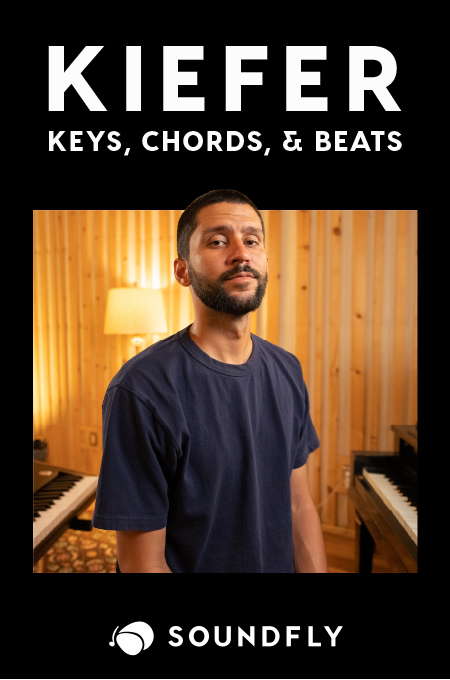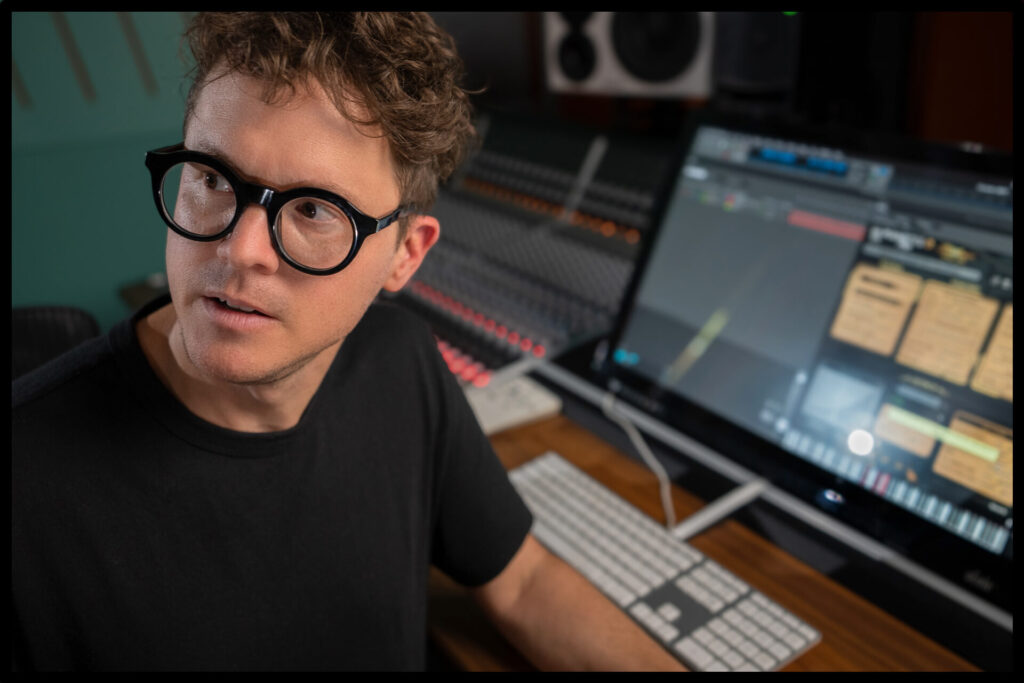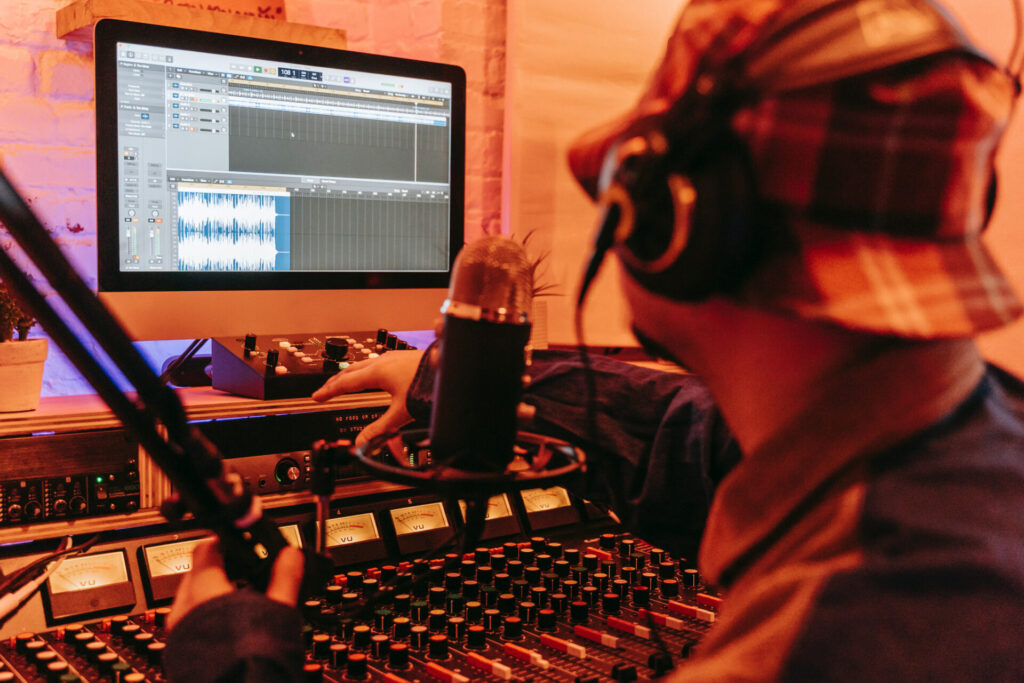This video above is taken from Soundfly’s acclaimed online course, Songwriting for Producers. Learn more and preview the course for free here.
Zak Waters is an LA-based producer-songwriter whose most recent project is called Pretty Sister. We were lucky enough to get an interview with Zak at his studio and talk to him a bit about his work and his individual workflow. Check out the video above to hear Zak go into his creative and professional processes. Here are some of the things Zak had to say.
It’s always best to come into a session prepared.
If you’re a producer, whether it’s just a handful of lyrics, a chord progression, or even just a kick and a snap, it’s always helpful to go into any recording or cowriting session prepared with something for your collaborator to respond to. It doesn’t even have to stay in the final mix, as long as the producer is able to keep the artist inspired and moving forward so they don’t get discouraged or lose momentum, the session will come away with good things.
“Why does this song need to exist in the world?”
Yesssss! Zak asked himself this pretty existential question during our interview and we couldn’t be more happy that he brought it up. First of all, music doesn’t need a purpose to exist, I’m sure we can all agree on that, because it always makes the world a better place. But it does get pretty saturated out there, and so if you are going to put something out, you might as well put as much thought, love, and care into it as possible. And you’re not going to put that much effort into something that doesn’t serve any purpose whatsoever.
All music, whether intended or not by the artists themselves, actually does serve a purpose for the listeners who gravitate towards it. Whenever an artist picks up on what that purpose is and acknowledges it in the creative process, the work will end up better and stronger. If you don’t know why you’re making the music you’re making, it will be very difficult to improve; you need to know the path you’re on in order to grow.
Zak’s point at the end of this segment is to ask yourself, “Is this song honest? And is there a point for it to exist?” If so, you’re going to do just fine.
Your internal monologue will get in your way; self-discipline and motivation will move you forward.
Self-doubt and criticism might not always be there, weighing down your shoulders as you’re trying to work, but it will absolutely make its presence felt at some point, whether you like it or not. There’s going to be a time in your career, or perhaps even in your typical work process, where you become your own worst enemy. And when that happens, you need to develop the discipline to keep yourself on track, and find motivational tools to prevent your artistic side from getting discouraged.
Find that balance where your left-brain, pragmatic side can bail out your wandering, creatively inspired right-brain side, and where they can both keep each other in check.
When cowriting songs, start with the most important thing: your chorus.
If you’re a linear thinker and songs just come together from start to finish, that’s wonderful! But even if you’re super duper good at working that way, you’re probably not inserting as much impact into the most important song section as you can. If you’ve already established the chorus, its main point, and the musical vehicle to getting that point across, then everything else should flow from there and support it. That’s working backwards to some degree, but it’s also like knowing what your building is going to look like before you start breaking ground and building it.
Check out Zak’s latest recordings here:
Learn how to take all those unfinished ideas and half-developed loops and transform them into fully fleshed out, compelling songs with Soundfly’s course, Songwriting for Producers.



